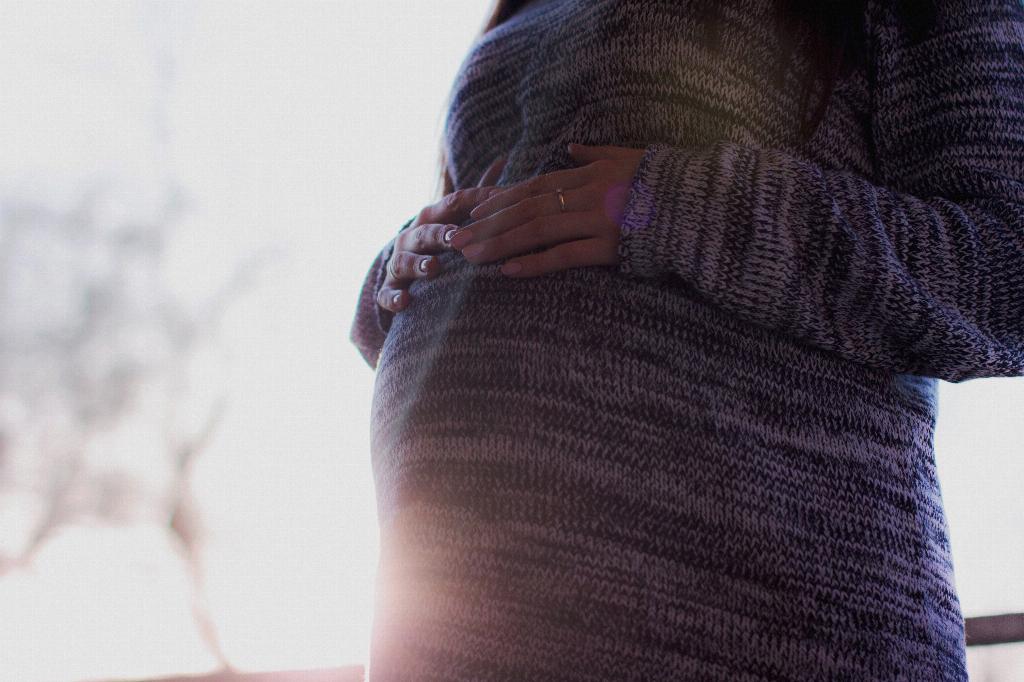When a pregnant woman develops diabetes, it can have significant implications for both her health and the health of the developing baby. Diabetes during pregnancy, also known as gestational diabetes, needs to be carefully managed to prevent adverse outcomes.
Risk of Birth Defects
High blood glucose levels in the early stages of pregnancy can increase the risk of birth defects in the baby. Organs that are developing during this critical period, such as the brain, heart, kidneys, and lungs, are particularly vulnerable to the effects of uncontrolled diabetes.
Complications for the Baby
Uncontrolled diabetes in pregnancy can lead to macrosomia, a condition in which the baby grows larger than usual. This can increase the risk of complications during delivery, such as shoulder dystocia. Babies born to mothers with diabetes may also be at a higher risk of hypoglycemia after birth.
Effects on the Mother
For the mother, diabetes during pregnancy can increase the risk of developing preeclampsia, a serious condition characterized by high blood pressure. Gestational diabetes can also raise the mother’s risk of developing type 2 diabetes later in life.
Management and Treatment
Managing diabetes during pregnancy typically involves monitoring blood glucose levels, following a special diet, and staying physically active. In some cases, insulin therapy may be necessary to help keep blood sugar levels in check.
Importance of Prenatal Care
Prenatal care is crucial for women with diabetes during pregnancy. Regular check-ups with healthcare providers, including obstetricians and endocrinologists, can help ensure that both the mother and baby are closely monitored throughout the pregnancy.
Monitoring the Baby
Monitoring the baby’s growth and development is essential for women with diabetes during pregnancy. Ultrasounds and other tests can help healthcare providers assess the baby’s well-being and detect any potential issues early on.
Postpartum Considerations
After giving birth, women with gestational diabetes should continue to monitor their blood sugar levels. It is important to follow up with healthcare providers to assess the risk of developing type 2 diabetes in the future.
Lifestyle Changes
Following a healthy lifestyle, including eating a balanced diet and staying physically active, can help reduce the risk of developing diabetes during future pregnancies. Maintaining a healthy weight and managing stress levels are also important factors.
Emotional Support
Coping with diabetes during pregnancy can be challenging both physically and emotionally. Seeking support from healthcare providers, family members, and support groups can help women navigate the complexities of managing diabetes while pregnant.
Conclusion
In conclusion, diabetes during pregnancy can have serious implications for both the mother and the baby. By carefully managing blood sugar levels, following a treatment plan, and receiving regular prenatal care, women can help minimize the risks associated with diabetes and have a healthy pregnancy.

